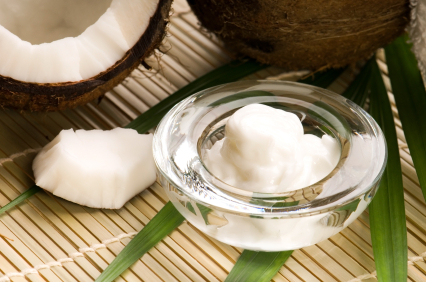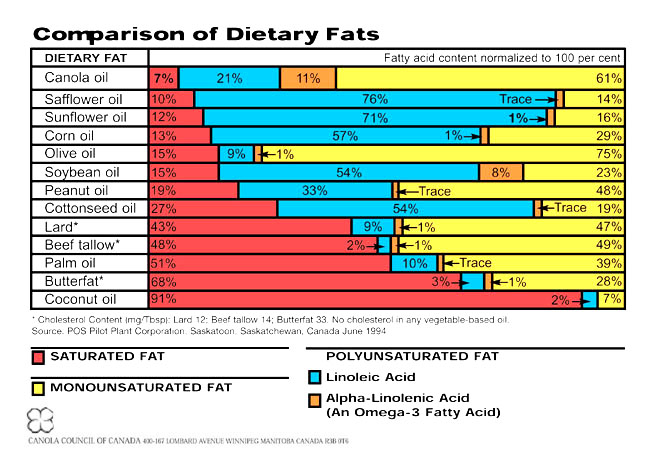 There’s been almost an explosion of products available in the grocery store containing coconut oil and other coconut by-products. Is coconut oil a healthy choice? Coconut oil is a plant-based fat that is about 90% saturated, higher than butter or the fat associated with meats, and much higher than other plant-based fats such as olive oil or canola oil. Lipids or fats that are high in saturation are considered unhealthy choices because they tend to raise LDL ‘bad’ cholesterol levels in the blood which increases the risk of heart disease.
There’s been almost an explosion of products available in the grocery store containing coconut oil and other coconut by-products. Is coconut oil a healthy choice? Coconut oil is a plant-based fat that is about 90% saturated, higher than butter or the fat associated with meats, and much higher than other plant-based fats such as olive oil or canola oil. Lipids or fats that are high in saturation are considered unhealthy choices because they tend to raise LDL ‘bad’ cholesterol levels in the blood which increases the risk of heart disease.  Like other plant-based lipids (fats), coconut oil is naturally cholesterol free and it has a sweet, nutty flavor that can be appealing when used in cooking.
Like other plant-based lipids (fats), coconut oil is naturally cholesterol free and it has a sweet, nutty flavor that can be appealing when used in cooking.
As evidence was mounting several years ago that partially hydrogenated oils should be avoided because of the trans fats that were produced during hydrogenation, some food manufacturers switched to tropical oils – coconut oil and palm oil – in food product formulation. Because of their high level of saturation, these tropical oils are solid at room temperature – just like the partially hydrogenated oils that they were replacing.
The American Heart Association recommends aiming for a dietary pattern that limits saturated fat to 5% to 6% of calories, or about 13 grams of saturated fat per day (from all sources) for a 2,000 calorie-a-day diet. The Academy of Nutrition and Dietetics recommends the use of coconut oil in moderation.
What about refined coconut oil, is that a healthier choice? As fruits or seeds are pressed to release oils, certain impurities such as proteins, carbohydrates, phenolics, and unwanted flavor compounds can end up in the oils. These ‘impurities’ are not harmful, but they can limit the shelf life of the product. Refining of oils removes impurities and stabilizes the oil but does not create a healthy(ier) product. The bottom line: for heart-health, limit your intake of coconut oil and other saturated fats and oils. Thanks to Cindi Armstrong who asked the question that led to this blog. Stay healthy!